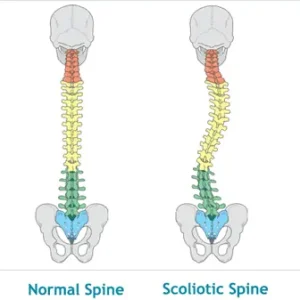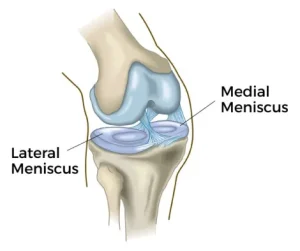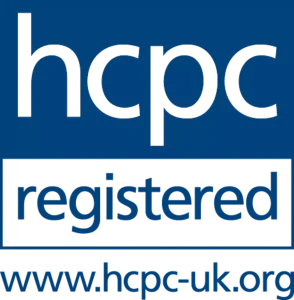Common questions and answers about back pain
Disc herniation is one of the most commonly asked-about subjects and one that there is a lot of misinformation on. We know that:
Many people who experience back pain believe it is due to a disc herniation.
Many people who have back pain will have an image that finds a disc herniation.
Many people who find out they have a disc herniation will suffer greatly and feel disabled.
This is a vicious and unnecessary cycle that physios need to educate the public on.
1. What is a disc herniation?
A herniated disc in the spine is a condition during which a nucleus pulposus is displaced from intervertebral space. Unlike mechanical back pain, herniated disc-related pain is often burning or stinging, and may radiate into the lower extremity. Furthermore, in more severe cases, it can be associated with weakness or sensation changes.
2. Can a disc herniation heal?
Disc herniations are very common and occur in both symptomatic and asymptomatic people. We see that disc herniations can come and go, with around 80% having complete resolution without medical intervention.
3. Is it the cause of my back pain?
Pain is a complex experience and difficult to say one thing causes it. A disc herniation may contribute to and sensitise the region, increasing the nociception and pain experienced. It may be a confounder and not involved – we don’t know. What we know is that what someone believes (such as believing their pain is due to the disc herniation) matters much more. This can have a huge impact on the person’s pain and the suffering he/she experiences.
4. Should I get a scan?
People are quick to get scanned when having back pain. It’s unclear if it really benefits the situation, and it can come with a negative impact. If there are signs of something more severe going on and there are “suspicious” symptoms reported (such as bowel or bladder issues etc.), then it’s good to consult your GP in order to get the scan. If there are no “warning” signs of more severe conditions, then the scan probably doesn’t worth your bothering.
5. Should I get surgery?
Surgery is often perceived as a magical fix for pain, but in reality, it doesn’t necessarily have better results than non-operative rehab and shouldn’t be the first-line treatment of choice.
6. Is exercise good for disc herniation?
Exercise is always a good choice! Beyond the general benefits of exercise, it brings the opportunity to challenge any fears & false beliefs regarding your body, improve its load capacity, and build tolerance. The key point is the adaptation of the exercise to your current level as well as the gradual escalation.
Most people start with isometric strengthening, mobility, and more general training. As you gain control of your symptoms & confidence in movement variability, exercise progression to the spinal full-range exercises with load is necessary. Over-time graded exposure strengthens the involved muscle groups and restores your daily function and exercise routine.












